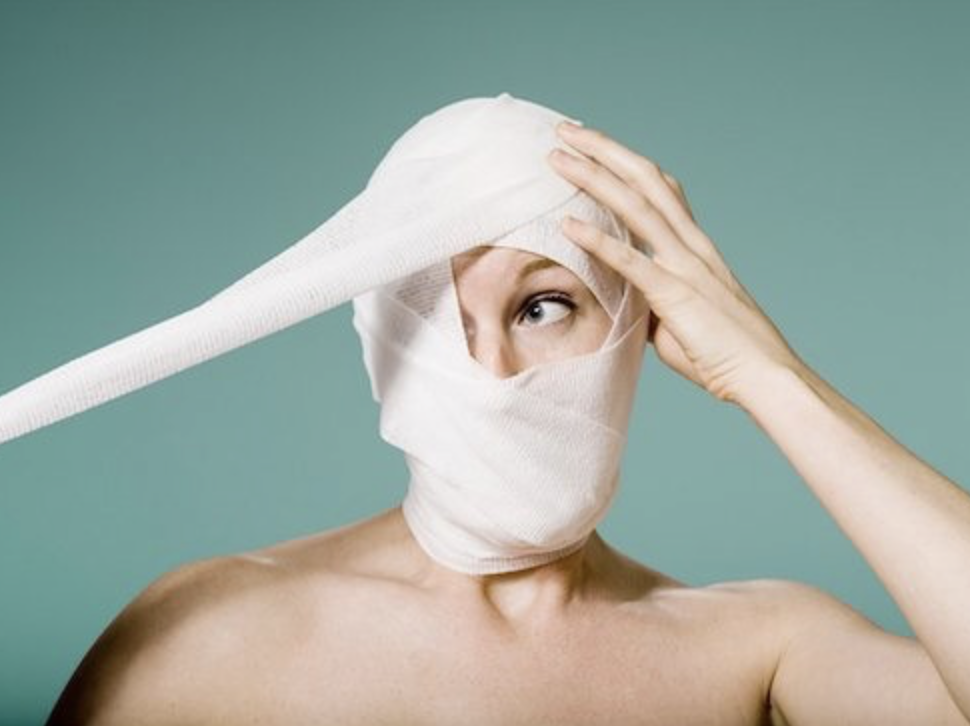The BAAPS detail their findings on cosmetic surgery abroad and how they hope to help.
The British Association of Aesthetic Plastic Surgeons (BAAPS) is represented by Flipside PR in the UK. Contact us to find out more.
At Flipside
With their package deals and cheaper prices, cosmetic surgery abroad is proving to have an exciting appeal for UK residents seeking surgical enhancements. However, despite the financial appeal, it is becoming increasingly clear that undergoing such surgery outside the UK is extremely dangerous and, in extreme cases, warrant death. As such, Flipside worked with BAAPS to present the charity’s findings in the press release below.
Statistics on Surgery Abroad
This week along with the Royal College of Surgeons, the BAAPS has also published guidelines for its members to adhere to when advising patients undergoing surgery in a different country from their residence. This is amid fears about the growing numbers of people needing treatment in the UK after surgery abroad.
BAAPS, a charity, which represents plastic surgeons in the UK, has collated the UK’s first ever database with the number of corrective procedures carried out in the UK after surgery abroad has gone wrong. According to BAAPS, people needing hospital treatment in the UK post-cosmetic surgery abroad has increased by 94% in three years. Procedures carried out in Turkey account for more than three quarters of those in the past six months alone.
Since November last year, 78% of the corrective operations carried out in the UK have been on people who had aesthetic procedures in Turkey. In the four years to 2022, 324 patients required surgery once they returned home from countries abroad. This includes Turkey, the Czech Republic and Lithuania. In some cases, patients have needed intensive care treatment and several emergency operations – mostly on the NHS.
A Comment from BAAPS President Marc Pacifico:
“We are only scratching the surface of the true number needing treatment on an already-stretched health service with a record-high waiting list. BAAPS is in discussions with government departments in UK and abroad to see if we can develop pathways through which patients can be treated to relieve the burden on the NHS. One of the other worrying things is that some people are returning with muti resistant bacteria. These are hard to treat and may infect other people.”
Mr Pacifico added: “We’re not trying to stop this. We’re in no position to and nor is this what we’re aiming for. We’re aiming to try and raise awareness, increase safety, ultimately protect patients but also relieve the burden on the NHS.”
Flipside gained significant national coverage for the story, with President Marc Pacifio speaking to the Mail Online.


